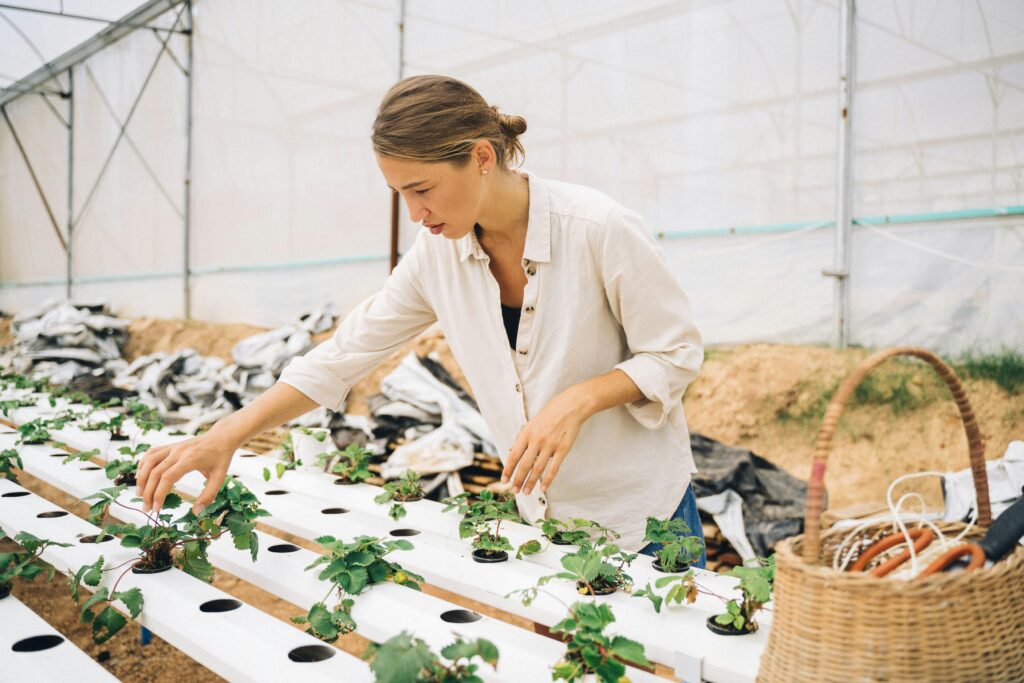Report of the regional discussion day of 13/09/2024

This study is an integral part of the IRPET-Regione Toscana joint activity “Effects of Interventions for Youth Agricultural Entrepreneurship,” planned for 2024 (No. 2.2024), and was commissioned to IRPET by the EAFRD Managing Authority in agreement with the General Directorate “Agriculture and Rural Development” of Regione Toscana. The study is the result of collaboration between IRPET – Research Area “Production Sectors and Enterprises” and Sociolab.
The following participated in the design and organization phases of the participatory day at the base of the study and in the writing of the report: for IRPET, Natalia Faraoni, Marco Mariani and Sara Turchetti; for Sociolab, Maria Fabbri, Margherita Mugnai and all the colleagues who intervened at the discussion tables as facilitators. In the design and organizational phases, the study was able to take advantage of the valuable contribution of ideas and contacts from the General Directorate “Agriculture and Rural Development” of Regione Toscana, offered in particular by Roberto Scalacci, Fausta Fabbri and Sabina Borgogni. In IRPET, Giuseppe Francesco Gori and Valentina Patacchini contributed to particular and circumscribed aspects related to the design of the study.
Go to page Giornata di confronto del 13 settembre 2024
The event “Youth and Agriculture: Starting a Business Under 40”, organized by IRPET with methodological support from Sociolab, explored the impact of policies promoting youth entrepreneurship in agriculture by engaging young entrepreneurs, experts, and institutional representatives. The goal was to gather insights for developing effective regional policies to support the sector. The event was structured in two sessions: a plenary with expert contributions and digital interaction, and multi-stakeholder thematic workshops with expert facilitators, focusing on resources, skills, incentives, and innovation. These sessions, through the use of generative questions and collaborative tools, helped explore challenges and formulate shared recommendations. This inclusive approach helped strengthen the network of young entrepreneurs in agriculture and allowed the emergence of actionable insights on the sustainability of Tuscany’s agricultural sector. This initiative is an example of how structured multi-stakeholder participation and the direct engagement of youth can benefit youth entrepreneurship policies.